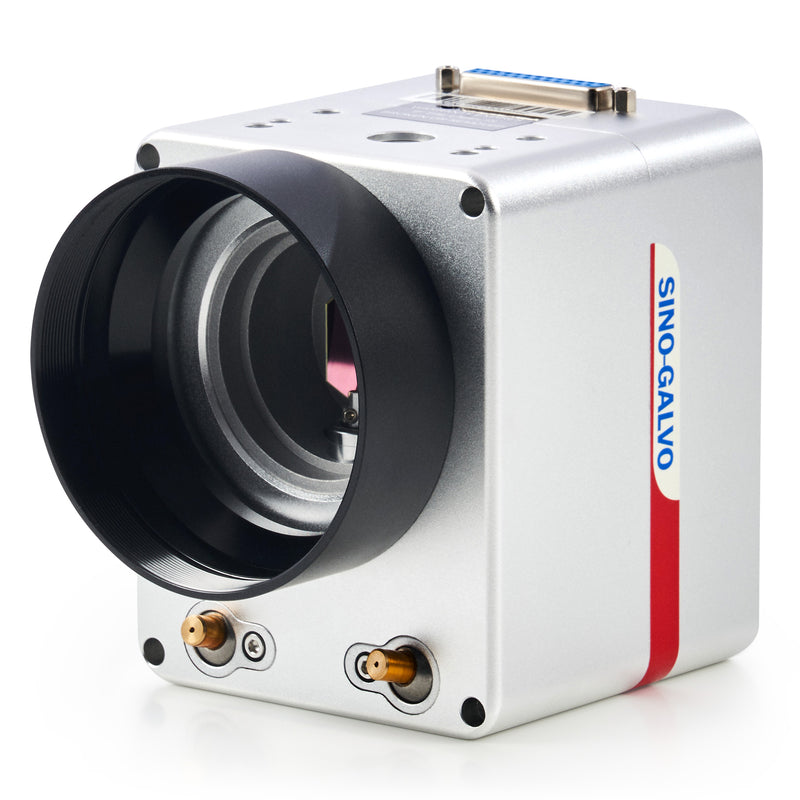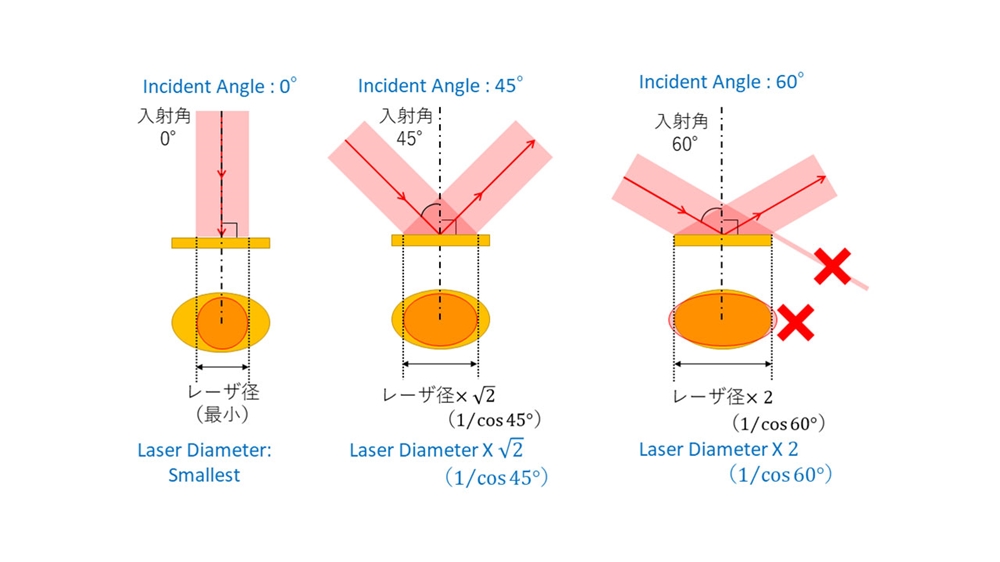Comparing Different Designs of Galvanometer Scanners for Optimum Efficiency in Labs
Comparing Different Designs of Galvanometer Scanners for Optimum Efficiency in Labs
Blog Article
Exactly How a Galvanometer Scanner Boosts Performance in Laser Scanning Technologies
The assimilation of galvanometer scanners in laser scanning technologies represents a pivotal development in precision design. By helping with rapid and accurate adjustments of laser beam instructions, these tools significantly boost functional efficiency throughout numerous applications, from clinical imaging to commercial inscription.
Comprehending Galvanometer Scanners
A galvanometer scanner is a sophisticated tool that leverages electro-magnetic concepts to achieve precise angular motion of mirrors or various other reflective surfaces. These scanners run through the communication of an electric present and a magnetic area, making it possible for accurate and quick placing. This innovation is vital in applications calling for high-speed scanning, such as laser inscription, optical communication, and medical imaging.

Galvanometer scanners are typically defined by their quick action times and high angular resolution, making them perfect for applications that demand quick movements and accurate placing. Their reliability and performance make them a vital element in contemporary laser scanning modern technologies, adding dramatically to developments in numerous areas, including manufacturing, health care, and telecommunications.
System of Laser Beam Of Light Control

The control mechanism relies upon closed-loop feedback systems that continually keep track of the light beam's placement. The signals from optical sensors give real-time information to the control system, enabling for rapid adjustments to keep accuracy. This is essential in applications where also minor variances can endanger the high quality of the scan or etching.
Furthermore, the galvanometer's action time is extremely important; high-speed motors enable swift activities, guaranteeing that the laser beam of light can swiftly trace complicated patterns or perform detailed procedures. The combination of electronic signal handling better boosts the responsiveness and precision of the galvanometer scanner. On the whole, the mechanism of laser beam control through galvanometer scanners exhibits the combination of sophisticated design and technology, producing high-performance end results in laser scanning applications.
Benefits of Enhanced Accuracy
Improved accuracy in laser scanning technologies uses considerable benefits across numerous applications, from industrial manufacturing to medical procedures. The integration of galvanometer scanners permits highly accurate beam of light positioning, which is vital for tasks calling for meticulous information. This boosted accuracy ensures that the laser can target particular areas with very little discrepancy, resulting in exceptional top quality end results.
In industrial contexts, exact laser scanning leads to enhanced item uniformity and decreased material waste. In clinical applications, the accuracy of laser procedures can substantially affect individual outcomes.
Moreover, boosted precision facilitates innovative applications such as 3D imaging and microfabrication, where also minute errors can result in significant mistakes. By giving trusted and repeatable laser positioning, galvanometer scanners add to the total effectiveness and efficiency of laser systems. In summary, the benefits of enhanced precision not only improve operational efficiency yet also boost the requirements of high quality and security in various sectors.
Applications in Different Industries
The adaptability of galvanometer scanners in laser scanning innovations expands across multiple industries, each benefiting from the accuracy they supply. In the clinical area, these scanners are essential in applications such as laser surgery and imaging, permitting highly exact targeting of tissues while lessening damage to surrounding locations - galvanometer scanner. Their rapid reaction and great resolution are essential in producing top notch results
In the production market, galvanometer scanners enhance processes like laser inscription and cutting. Their capability to swiftly guide laser beam of lights onto surface areas makes it possible for efficient assembly line, boosting rate and accuracy in creating intricate styles or elements.
The vehicle market likewise maximizes galvanometer modern technology for quality control and assessments (galvanometer scanner). By utilizing high-speed scanning, producers can spot issues in materials or assemblies, ensuring that items satisfy strict standards
Moreover, in the entertainment field, galvanometer scanners are utilized in laser light shows and screens, using dynamic aesthetic experiences with specific control over laser movements.
Future Patterns in Laser Scanning
Arising technologies are poised to change the landscape of laser scanning, with galvanometer scanners at the forefront of this transformation. As markets progressively demand precision and effectiveness, the advancement of galvanometer innovation will drive significant advancements in laser scanning applications.
Future patterns suggest a growing combination of expert system and maker knowing algorithms, which will enhance information refining capabilities and automate decision-making hop over to these guys in real-time. This harmony will permit for extra innovative evaluation of checked information, causing improved precision in applications such as 3D modeling and independent navigating.
Moreover, the miniaturization of components and the advancement of sophisticated materials will certainly contribute to lighter, extra portable laser scanning systems. This transportability will certainly expand the reach of laser scanning innovations into formerly hard to reach settings, such as remote surface and intricate architectural spaces.
The rise of augmented truth (AR) and online truth (VIRTUAL REALITY) applications will certainly additionally shape the future click for info of laser scanning. By incorporating galvanometer scanners with AR and virtual reality, individuals will certainly profit from immersive experiences that enhance visualization and task planning.
Final Thought
Finally, galvanometer scanners play a crucial duty in enhancing laser scanning technologies via their exact control of beam of light instructions and rapid angular changes. The assimilation of sophisticated responses systems and optical sensors substantially boosts functional rate and accuracy, causing enhanced end results in applications such as laser engraving and medical imaging. As industries progressively take on these innovations, the recurring advancements in galvanometer scanner designs are expected to additional boost efficiency standards and broaden application opportunities.
The integration of galvanometer scanners in laser scanning technologies represents a critical advancement in precision design. Overall, the device of wikipedia reference laser light beam control via galvanometer scanners exemplifies the fusion of advanced engineering and technology, generating high-performance end results in laser scanning applications.
By offering repeatable and reliable laser positioning, galvanometer scanners contribute to the total effectiveness and performance of laser systems.The flexibility of galvanometer scanners in laser scanning modern technologies expands throughout multiple markets, each profiting from the accuracy they provide.In conclusion, galvanometer scanners play a critical duty in maximizing laser scanning modern technologies with their accurate control of beam of light direction and fast angular adjustments.
Report this page